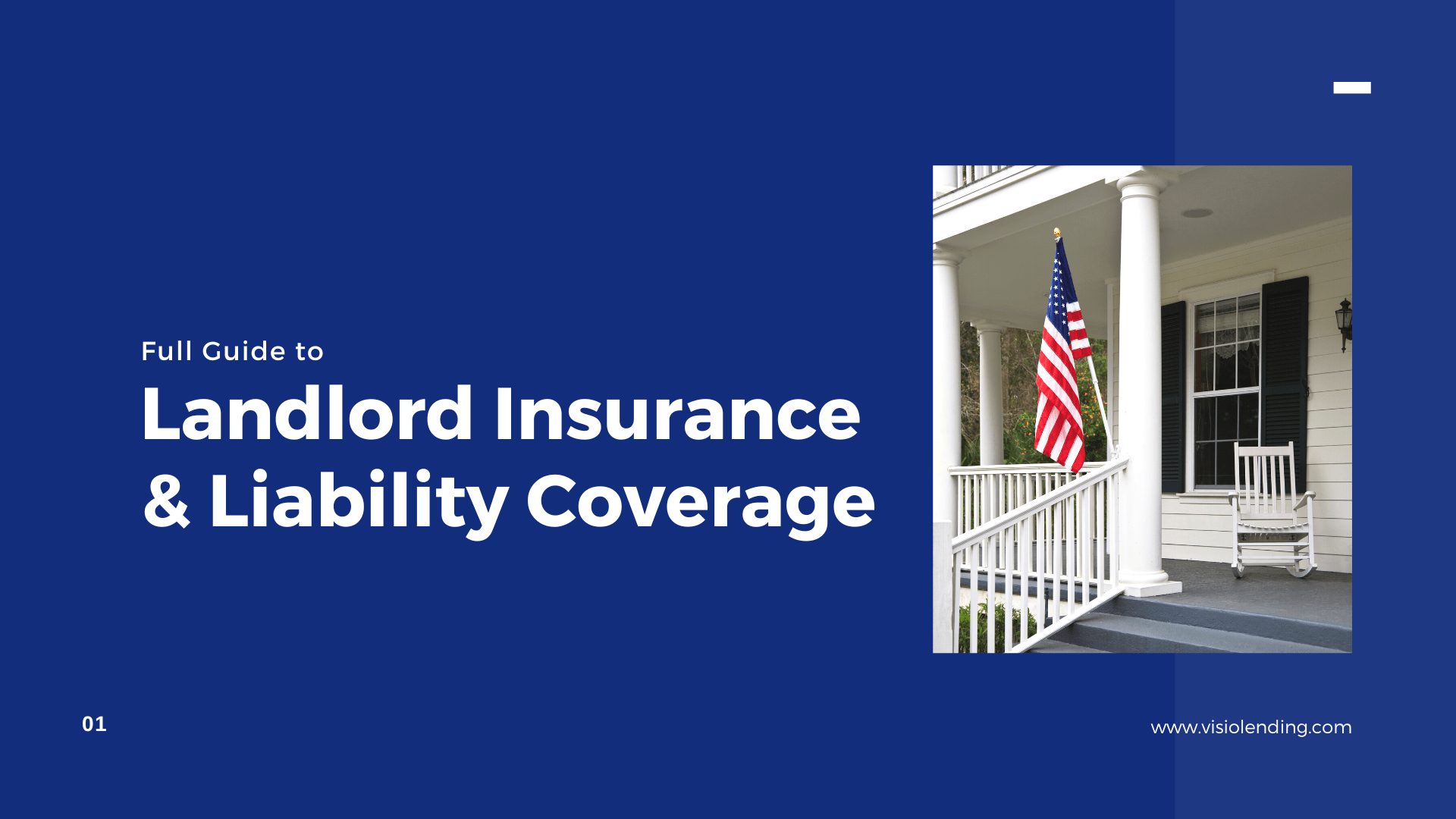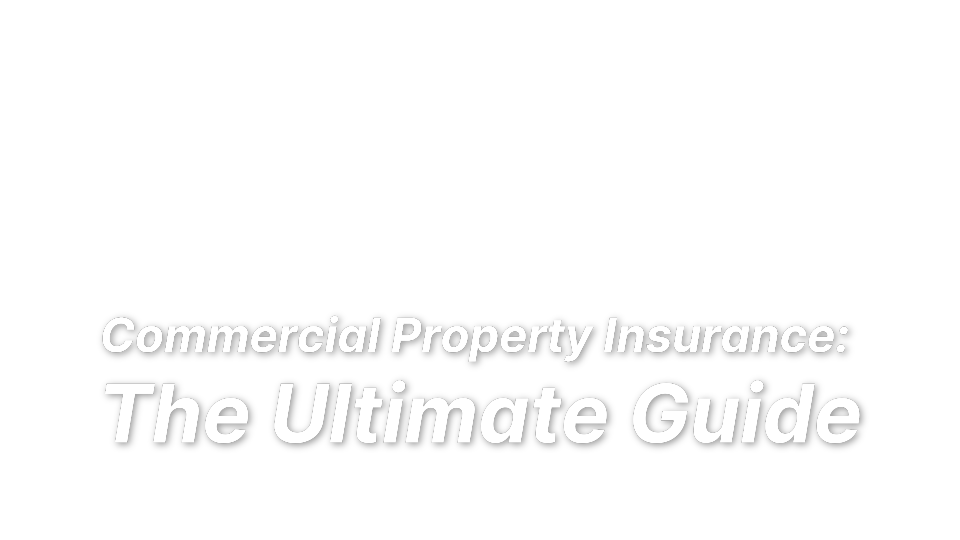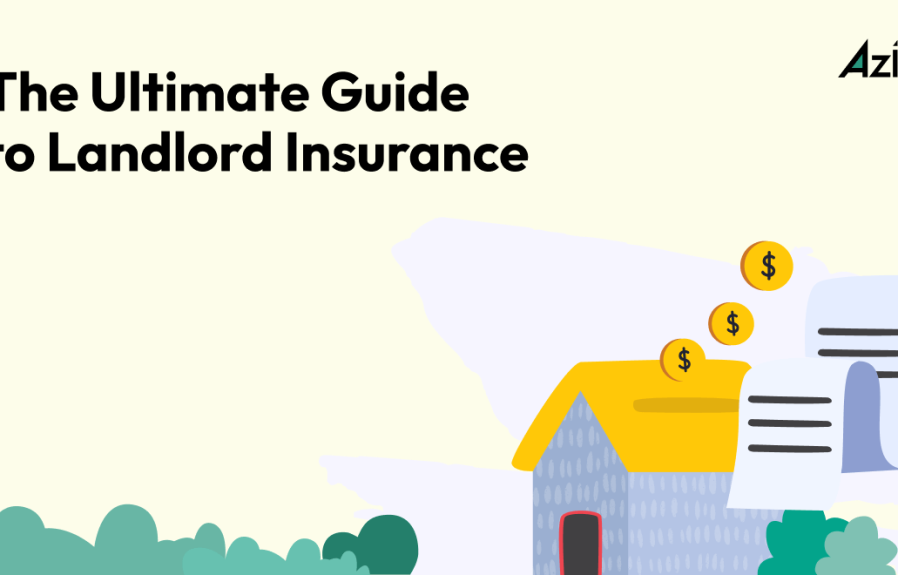To determine the appropriate amount of flood insurance you should get, evaluate the potential risk and consider the value of your property and belongings. The amount should cover the cost of rebuilding your home and replacing damaged or destroyed items.
Additionally, consider any potential additional living expenses you may incur during the recovery process.
Importance Of Flood Insurance
In modern times, the ramifications of climate change have heightened the risk of flooding in many regions.
Investing in flood insurance is not just a precautionary measure but a necessity to safeguard your property and finances.
What Is Flood Insurance?
Flood insurance is a specialized type of insurance policy that provides financial protection in the event of damage caused by flooding.
It covers losses to your property and possessions due to water overflow, heavy rain, storm surges, or dam failure.
Why Do You Need Flood Insurance?
Flood insurance is crucial as standard homeowners’ insurance policies typically do not cover flood-related damages.
In the face of rising sea levels and unpredictable weather patterns, having flood insurance can offer peace of mind and financial security.

Credit: http://www.visiolending.com
Determining Your Coverage Needs
When it comes to protecting your property and belongings from the devastating effects of floods, purchasing flood insurance is a wise decision. However, it can be challenging to determine the right amount of coverage that fits your specific needs. To help you navigate this process, there are a few key factors to consider. Assessing your risk level, calculating the value of your property and belongings, and understanding the limitations of your insurance policy are crucial steps in determining the coverage you require.
Assessing Your Risk Level
Before you can accurately determine the extent of flood insurance coverage you need, it’s important to assess your risk level. Understanding the likelihood of flood events in your area plays a critical role in making informed coverage decisions.
To assess your risk level:
- Research historical flood data for your region, such as rivers, lakes, or coastal areas that may increase the risk of flooding.
- Contact your local government or consult flood maps to identify if your property is situated in a flood zone or high-risk area.
- Consider the elevation and proximity to water bodies to evaluate the potential impact of flooding on your property.
Calculating The Value Of Your Property And Belongings
Once you have an understanding of your flood risk level, it’s essential to determine the value of your property and belongings. An accurate assessment will enable you to select the right coverage amount to adequately protect your assets in the event of a flood.
To calculate the value of your property and belongings:
- Create an inventory of your personal belongings, noting their estimated value and any relevant details, such as purchase receipts or appraisals.
- Consult with a professional appraiser or real estate agent to assess the current value of your property.
- Consider any improvements or renovations made to your property that may affect its value.
- Include costs associated with potential damage to essential systems like HVAC, electrical, and plumbing.
By conducting a thorough evaluation of your property and belongings, you can ensure that your flood insurance coverage adequately safeguards your financial investment.
Note: Flood insurance typically covers the structure of your home and its contents up to a certain limit. It’s essential to review the specific coverage limitations outlined in your policy.
Types Of Flood Insurance Policies
Flood insurance is crucial to protect your home and belongings from the devastating financial impact of flooding. Understanding the different types of flood insurance policies can help you determine the right coverage for your needs. There are various options available to homeowners, including the Standard Flood Insurance Policy (SFIP) and Excess Flood Insurance. Let’s take a closer look at each of these to help you make an informed decision.
Standard Flood Insurance Policy (sfip)
The Standard Flood Insurance Policy (SFIP) is the most common type of flood insurance coverage. It is typically offered through the National Flood Insurance Program (NFIP) and provides essential coverage for building property and personal property. The SFIP offers coverage for damage caused by flooding, including structural damage, electrical and plumbing systems, and personal belongings. It is important to assess the value of your property and belongings to determine the appropriate coverage under the SFIP.
Excess Flood Insurance
Excess Flood Insurance, also known as supplemental flood insurance, is designed to provide additional coverage beyond the limits of a standard flood insurance policy. This type of policy is ideal for homeowners who require coverage that exceeds the maximum limit offered by the NFIP. Excess flood insurance can provide extended coverage for both building property and personal property, offering peace of mind in the event of a catastrophic flood.

Credit: http://www.marketwatch.com
Factors Influencing Coverage Amount
The amount of flood insurance you should get is influenced by several key factors. Understanding the elements that impact coverage amount is crucial in ensuring adequate protection for your property. Here are the main considerations to keep in mind:
Property Location And Flood Zone
The location of your property plays a significant role in determining the necessary flood insurance coverage. Properties situated in high-risk flood zones may require higher coverage limits to adequately protect against potential damages. Different flood zones have varying levels of risk, and it’s essential to assess the specific flood hazards associated with your property’s location.
Building Structure And Its Compliance
The structural attributes of your building and its compliance with flood-resistant construction standards are essential factors in establishing the appropriate coverage amount. Factors such as the elevation of the property, the presence of flood openings, and the use of flood-resistant materials can impact the extent of coverage needed to safeguard the building against flood-related risks.
Understanding Coverage Limits
Understanding coverage limits for flood insurance is crucial when determining how much protection you need. Be informed about the maximum amount your policy will pay out in case of flooding to ensure you have adequate coverage for your property.
In order to protect your home and belongings from the devastating effects of flooding, it is crucial to have the right amount of flood insurance coverage. Understanding coverage limits is an essential step in ensuring adequate protection. By knowing the coverage limits for property and contents, you can make an informed decision that meets your needs. Let’s dive deeper into these coverage limits and explore how they can safeguard your assets.Coverage Limits For Property
When determining the coverage limits for your property, it is important to consider the cost of rebuilding or replacing your home in the event of a flood. The coverage should be sufficient to cover the structure of your property, including the foundation, walls, roof, and other essential components. Keep in mind that the value of your property may have increased over time, so ensuring that your coverage limit reflects the current replacement cost is crucial. Additionally, consider any improvements or renovations you have made to your home, as these may require additional coverage. To estimate the coverage limit for your property accurately, it is recommended to consult a professional appraiser who can assess the current value and replacement cost of your home. They can account for factors such as local construction costs and building code requirements. By doing so, you can have peace of mind knowing that your property is adequately protected in the event of a flood.Coverage Limits For Contents
While protecting the structure of your property is essential, it’s equally important to safeguard your personal belongings. Coverage limits for contents refer to the amount of insurance protection you have for your furniture, appliances, clothing, electronics, and other possessions within your home. To determine the appropriate coverage limit for your contents, start by creating an inventory of your belongings and estimating their value. Take into account any high-value items, such as jewelry or artwork, as these may require additional coverage or separate policies. Remember to update your inventory regularly to account for new purchases or changes in the value of your possessions. When deciding on coverage limits for contents, consider whether you want actual cash value or replacement cost coverage. Actual cash value coverage takes depreciation into account, while replacement cost coverage offers reimbursement for the full cost of replacing your belongings with new ones. Depending on your budget and preferences, choose the option that best suits your needs.In Conclusion
Understanding coverage limits is key to ensuring that you have the right amount of flood insurance to protect your property and contents. By accurately assessing the coverage limits for both, you can have peace of mind knowing that you are safeguarded against the financial devastation of a flood. Remember to regularly review and update your coverage to account for any changes in your property or the value of your belongings. Don’t underestimate the importance of protecting yourself and your assets – be proactive and secure the right flood insurance coverage today.Additional Considerations
When considering how much flood insurance to purchase, there are additional factors to keep in mind for full protection.
Special Considerations For Basements
Basements require special attention as they are prone to flooding. It’s crucial to ensure adequate coverage for basement areas where valuable items may be stored.
Coverage For Additional Living Expenses
Consider including coverage for additional living expenses in your flood insurance policy. This can help cover costs such as temporary accommodation if your home becomes uninhabitable due to flooding.
Comparing Insurance Quotes
When shopping for flood insurance, comparing quotes from different providers is crucial to ensure you get the best coverage at the most competitive rates. Here are some essential factors to consider when comparing insurance quotes:
Getting Multiple Quotes
It is recommended to obtain quotes from at least three different insurance companies to compare coverage options and pricing.
Considering Deductibles And Premiums
Review the deductibles and premiums offered by each insurance provider to determine the most cost-effective option for your needs.

Credit: http://www.landesblosch.com
Expert Tips For Optimizing Coverage
Expert Tips for Optimizing Coverage: When it comes to flood insurance, ensuring you have the right amount of coverage is crucial. By working with an insurance agent and regularly reviewing and updating your policy, you can optimize your coverage to protect your property and assets.
H3 Heading: Working with an Insurance AgentWorking With An Insurance Agent
When obtaining flood insurance, collaborating with a knowledgeable insurance agent is essential. An agent can provide guidance on the appropriate coverage based on your property’s location, flood risk, and value. They can help you understand the various coverage options available and assist in customizing a policy that meets your specific needs.
H3 Heading: Regularly Reviewing and Updating Your PolicyRegularly Reviewing And Updating Your Policy
- Stay informed: Regularly review flood hazard maps and stay updated on any changes in flood risk for your area.
- Assess your needs: As your property or circumstances change, discuss updates to your policy with your insurance agent to ensure adequate coverage.
- Reevaluate coverage limits: Revisit your coverage limits annually to account for any changes in property value or inflation.
Frequently Asked Questions On How Much Flood Insurance Should I Get
How Much Flood Insurance Should I Buy?
Flood insurance coverage should be enough to protect your home’s structure and belongings. Consider the replacement cost of your property and possessions to determine the appropriate coverage amount. It’s essential to assess your flood risk and consult with an insurance agent to determine the right coverage level for your needs.
What Factors Determine The Appropriate Flood Insurance Coverage?
Various factors influence the amount of flood insurance needed, including your property’s location, the risk of flooding, the cost to rebuild, and the value of your belongings. Evaluating these factors, alongside the financial impact of potential flood damage, will help determine the appropriate coverage amount.
Is Flood Insurance Mandatory For All Homeowners?
While flood insurance is typically mandatory for properties located in high-risk flood zones, it’s not required for all homeowners. However, even properties outside high-risk areas can still experience flooding, making flood insurance a valuable consideration for homeowners across various locations.
Assessing your flood risk can help determine the necessity for coverage.
Conclusion
Determining the appropriate amount of flood insurance is essential to protect your property and assets. By assessing your risk factors, such as location, property value, and potential damage costs, you can make an informed decision about the coverage you need.
Consulting an insurance agent or professional can provide valuable guidance in this process. Remember, investing in adequate flood insurance ensures peace of mind and financial security in the face of unforeseen disasters.



Leave a comment